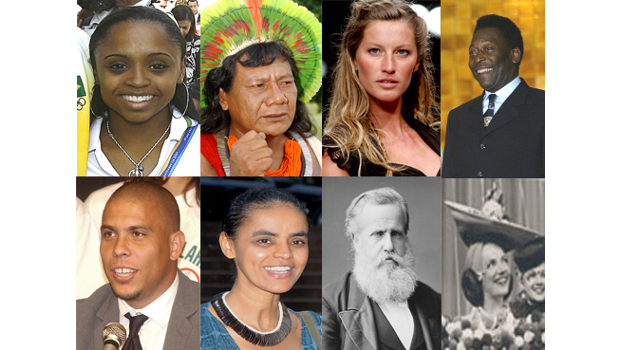What Obama’s visit means for Cuba’s national conversation about racePosted in Articles, Barack Obama, Caribbean/Latin America, Economics, Media Archive, Politics/Public Policy, United States on 2016-03-25 15:41Z by Steven |
What Obama’s visit means for Cuba’s national conversation about race
The Los Angeles Times
2016-03-21
Kate Linthicum, Contact Reporter
In recent years, Afro-Cuban intellectuals have started gathering in a cramped Havana apartment to discuss a topic long considered off-limits in Cuba: race.
Fidel Castro’s communist revolution 60 years ago promised to wipe out racial divisions and level the playing field for all Cubans, regardless of color or wealth. Yet racism persists in Cuba, and many say recent economic changes here have overwhelmingly favored the light-skinned elite.
The historic visit this week of an American president who happens to be black is of special significance to Afro-Cubans, who, like many minorities around the world, view President Obama as a symbol of what is possible. It’s of particular importance for the small but growing movement of black activists on the island, who have struggled for years under government pressure, and who hope that warming U.S.-Cuba relations will push Cubans toward greater race consciousness.
“Maybe without an enemy, everyone here can begin to look more closely at things inside our own country,” said activist Manuel Cuesta Morua, who said he is one of several Cuban dissidents, most of whom are not black, invited to meet with Obama on Tuesday. “We hope it will help people see the racism here with more clarity, and see that there is diversity, and diverse ways of thinking.”…
Read the entire article here.




